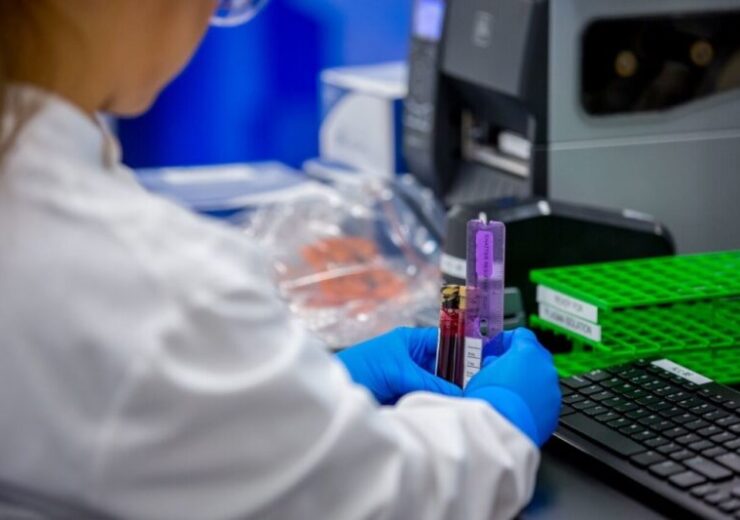The company is conducting several ongoing studies with the aim of demonstrating the effectiveness of its current MRD tests in colorectal cancer and various other settings

Enrolment closed by Guardant Health in COBRA study after interim analysis. (Credit: Guardant Health)
Guardant Health, an American precision oncology company, has announced the closure of its minimum residual disease (MRD) study dubbed COBRA to new enrollees.
The decision was based on a recent planned interim analysis.
The COBRA study’s primary objective was to assess the impact of the company’s MRD testing with the Guardant Reveal blood test on enhancing clinical outcomes for patients diagnosed with stage II colon cancer following curative-intent surgery. The study had initially projected its final results to be available in 2026.
The multi-center randomised Phase II/III study aimed to include over 1,400 patients diagnosed with Stage IIA colon cancer who have undergone surgery and qualify for active surveillance.
Its main goals involved assessing the elimination of circulating tumour DNA (ctDNA) and determining the recurrence-free survival rates in patients who test positive for ctDNA after surgery and receive chemotherapy. These are in comparison to patients undergoing the current standard-of-care active surveillance.
Guardant Reveal, which is a liquid biopsy test, exclusively utilises blood samples to identify ctDNA for assessing MRD in early-stage colorectal, breast, and lung cancers. Beyond MRD detection, Guardant Reveal is also said to be an option for tracking recurrence in patients with prior diagnoses.
Guardant Health chief medical officer Craig Eagle said: “Our MRD test has great potential to help patients and their doctors stay ahead of cancer, and we remain confident about its promise to vastly improve patient care and its continued prospects for broad access and reimbursement.”
Eagle explained that the field had advanced swiftly since the study was initially designed four years ago. He added that significant progress had been made with multiple upgrades to the company’s MRD test since the study’s commencement.
Additionally, Eagle said that Guardant Health has various ongoing studies planned to showcase the effectiveness of its current MRD tests in colorectal cancer and multiple other settings.
